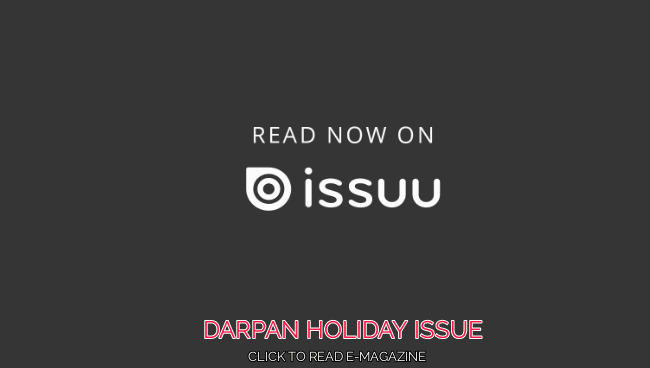Health comes first.
The world literally came to a standstill in the face of a health threat. Without health, nothing else is possible. We must prioritize our health in order to thrive in other areas of life.
Mental health matters.
With less distractions of everyday life, the focus on mental health issues magnified as people’s mental wellbeing came more into the limelight, not just for others, but for themselves, too. Mental health cannot be ignored, and self-care is just as important as taking care of others or professional progress.
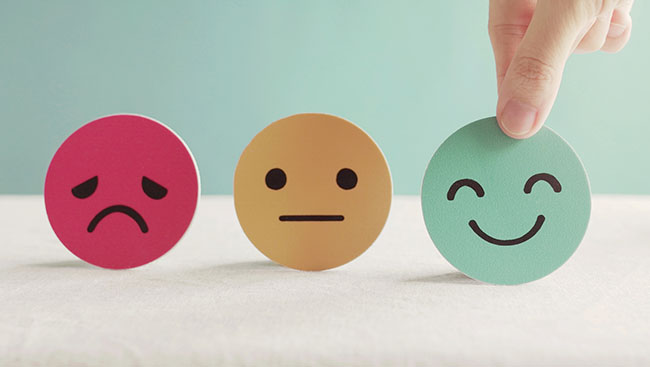
We are social beings.
Human connection cannot be undermined regardless of how technologically advanced a society becomes. A simple handshake, hug, or even face-to-face exchange of words can go a long way in enhancing the quality of life.
Be thankful.
Do not take things for granted. We are not entitled to anything and should express gratitude for all we have. Many parts of the world do not have Internet access throughout the Pandemic, for example. Furthermore, lockdown scenarios go on to show that freedom, in all its forms, is a valuable part of life and can be compromised any time.
Time is subjective.
We often complain that we do not have enough time, while COVID-19 put us in an alternate reality, where many complained about having too much of it. It all lies in the perspective. If we want to make excuses and not take actions to make time for what is truly important, we will always be in a time deficit. Just because you have the hours, does not mean you will actually do something with them.
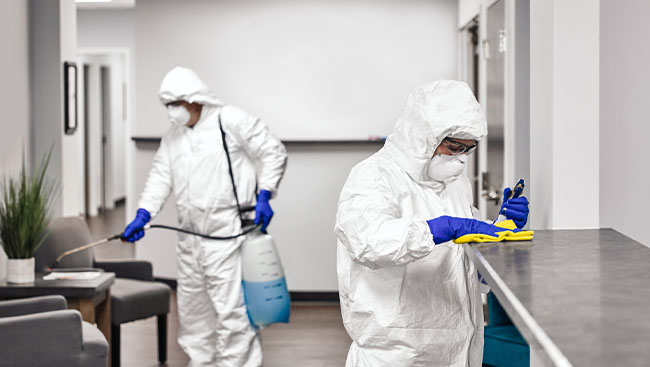
No work is small.
Frontline and essential workers are keeping us afloat. Everyone from cashiers, janitorial staff, and floor managers, to teachers and medical professionals, make up the backbone of our communities.
We need less than we think.
Many of the luxuries of our lives that we often equate to being necessities, are not central to our survival. Be it work-related, fitness classes, certain food choices, clothing or even people – we are capable of surviving with very little.
Do it now.
If you truly want to achieve a personal, professional, or spiritual goal, the only right time is now. There will never be a set of better circumstances as difficult situations will always present themselves in one form or another.
Change is the only constant.
“New normals” come about fast. Uncertainty has been the core of this year. The lack of predictability overrules any decisions we can make in life. Adaptability and agility are important traits that can help cope with shifts in your environment.

Online mediums are the future.
Whether it be social media for keeping in touch with others or the use of e-commerce platforms for shopping, digital alternatives are on the rise and are here to stay.
Less is more.
Simple behavioral changes can solve big issues. Just the act of washing your hands can be a big help to yourself and others around you. Being involved does not have to be elaborate; just the intention needs to be right.
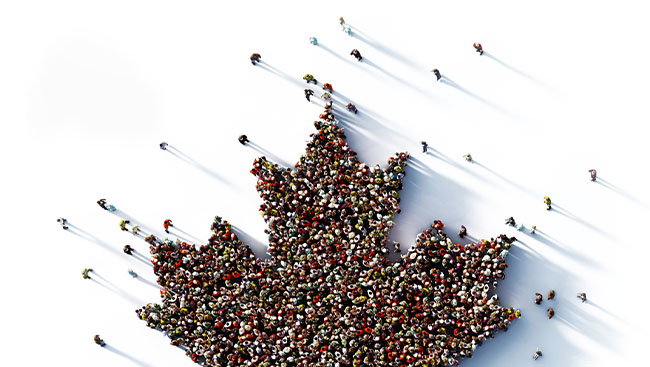
Any global problem is a local problem.
We all thought of COVID-19 to be a problem of a specific country, but its global impact exponentially grew. Any issues around the globe – racism, climate change, or pay inequality – are just as much urgent at home as they are elsewhere.

Misinformation is a societal toxin.
Social media spreads news fast. In a world where news can quickly turn into a form of entertainment, we must carefully assess the source and validity of news to ensure its reliability.
Rethinking conventions is a must.
We automatically accept the current structure of society and industries. We are so used to how the world is. The way we work, live, shop, and move can be changed. Innovation should be encouraged. The world does not always need to stay the same just because that is how it has always been.
Preparation is half the victory.
In an ever-changing world, preparing yourself for multiple scenarios is arguably an advantage. For example, financial security is an important indicator of survival for many individuals and businesses in these unprecedented times.
Being rich does not equate to happiness.
COVID-19 has impacted everyone, regardless of their economic position in society. While a solid financial foundation is vital, being rich cannot be the sole provider of happiness or health. Other things matter and crisis does not shy away from those that are financially well-off.

Political divide is real.
Masks are for safety yet have become a political statement. There is a strong divide in the world. The current pandemic should emphasize science, not politics.
Public trust is rooted in effective leadership.
We need to all be politically involved because we are all affected by the leadership we vote into government. During COVID-19 times, our political leaders are making significant decisions surrounding lockdowns, financial aid and national trade. These are leaders that, we, as democracies, put into power. We have the power. Vote.
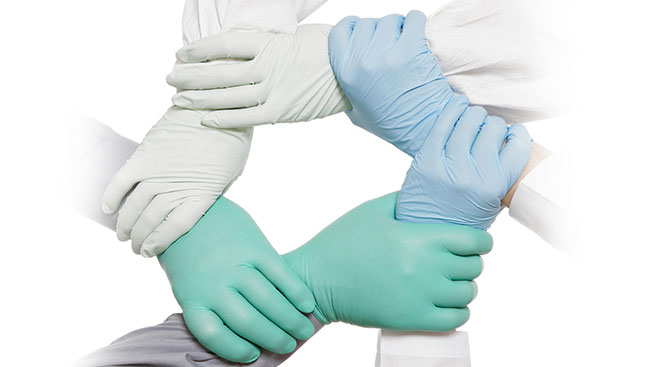
There is power in the collective.
All for one, one for all. The pandemic shines light on the importance of community. The impact of an individual is strong and helps in the collective effort; we cannot just put individual needs first. The actions of one influences the consequences for many.
Hope for the best, plan for the worst.
Life throws curveballs and strategizing to crate alternate plans in case things don’t work out, can relieve stress and save us from disappointment. That said, the world needs hope to reach its fullest potential. As such, we move forward in hope, that together, we will come out stronger on the other side!

